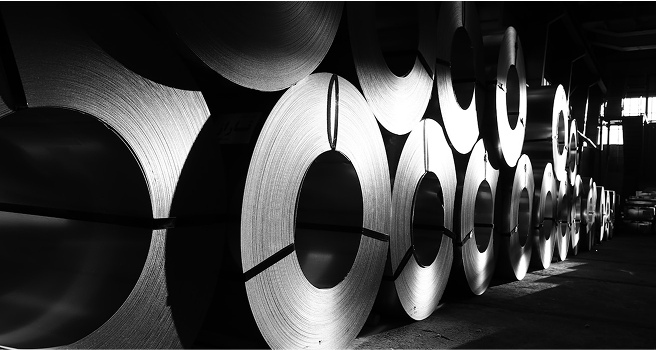Why RPA is Essential for Steel Industry

Efficient Operations
Optimizes Supply Chain, Inventory and stock management.

Reduces Operational Costs
Minimizes administrative and labour costs increasing throughput.

Enhances Production Efficiency
Enables real-time visibility into furnace operations, material usage, and energy consumption.

Regulatory Compliance
Reduces financial and compliance risks.



